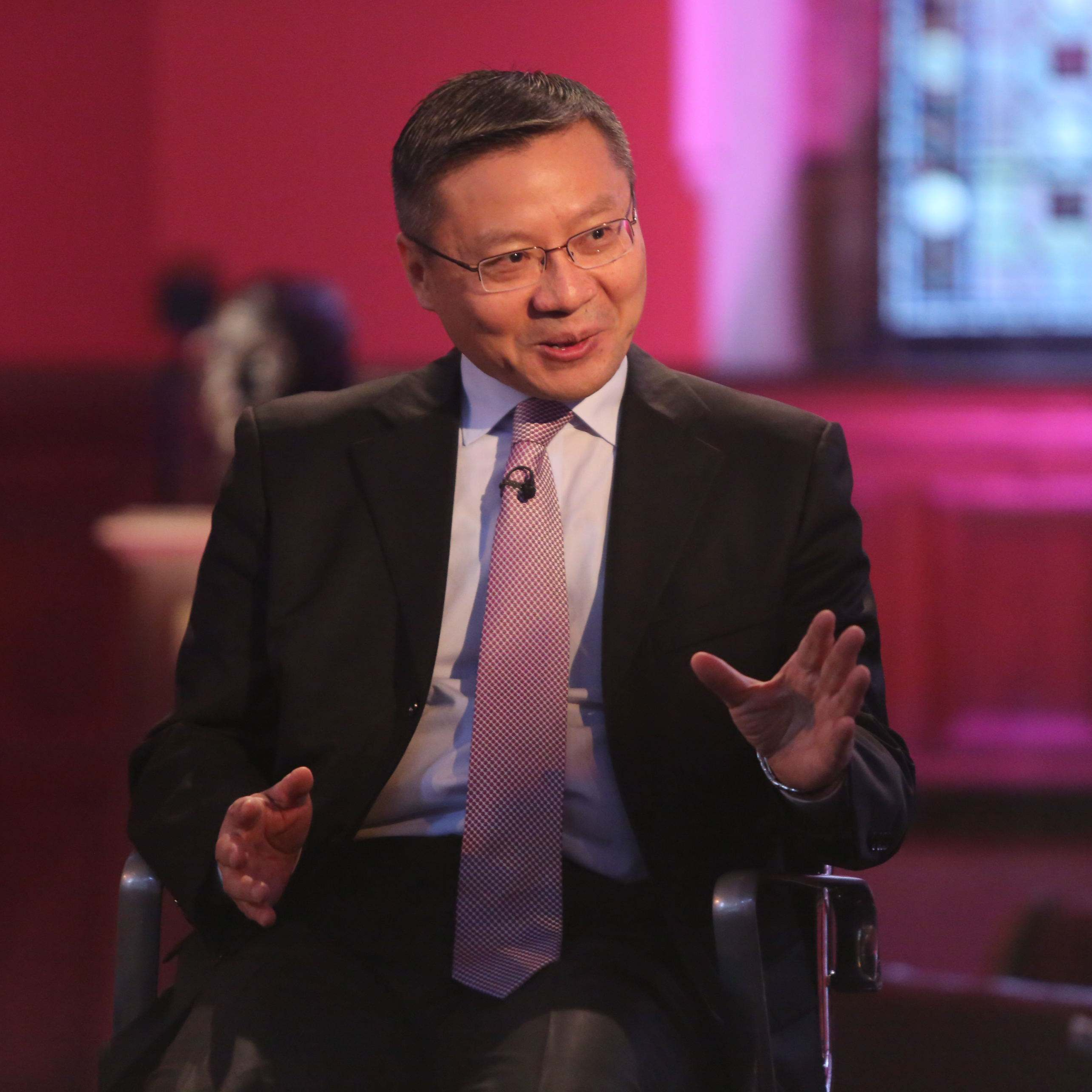Europe’s ‘Lose-Lose’ vs. Asia’s ‘Win-Win’
On the occasion of the 60th anniversary of the establishment of diplomatic relations between China and France, and prior to the summit between President Xi Jinping and President Macron, it’s of crucial importance to convening this forum on “Deepening Global Governance Reform and Building a Multilateral Future”.
The world needs a genuine multilateralism, not a fake one. Back in 1964, when France took the lead in establishing diplomatic ties with the newly founded People’s Republic of China. It was a rejection of fake multilateralism, as President Charles de Gaulle realized that any international order excluding the new China which accounted for a quarter of the world’s population was none other than a fake multilateralism. Recently, President Macron emphasized the need to construct a Europe “capable of affirming itself as never being a vassal of the United States,” and Europe should engage in dialogue with all regions, especially emerging economies. This is also a recognition that Europe will not have genuine multilateralism if it is just subservient to the United States.
President Xi Jinping has repeatedly stressed the importance of “upholding genuine multilateralism,” injecting in this way certainty into this world of uncertainties. My fundamental assessment is that the characteristics of fake multilateralism include the Cold War mentality, rejection of democratization in international relations, and the practice of “multilateralism within small circles” while engaging in blocs confrontational politics on a larger and global scale. Yet this approach is more likely to end in “lose-lose”, for all countries involved.
Indeed, the Munich Security Conference released the “2024 Munich Security Report” at the end of 2023, themed “lose-lose,” indicating that the optimism regarding peace and development in the post-Cold War era has dissipated, and the world now faces the prospect of “lose-lose.” However, this assessment in fact mainly reflects the deep anxieties on the part of many European countries which are faced with multiplying challenges from wars, economic recession, inflation and refugee crises. Yet describing the whole world as “lose-lose” is inaccurate. Asia, particularly the “China-ASEAN”, with a population exceeding 2 billion or three times that of Europe, has achieved “win-win” outcome not only in recent years but over the past several decades. There are indeed many lessons to be learned from Asia’s lasting peace and prosperity.
Europe experienced two world wars with immense human sufferings and material destructions. After the wars, European nations, particularly France and Germany, reached reconciliation, and the establishment of the European Union and the Eurozone appeared for many to signify possible enduring peace for Europe. Yet, since the Cold War, Europe has oscillated between two options: maintaining independence with Europe’s growing integration to become a significant player on the world stage, or losing independence, and willingly becoming a subordinate to the United States. Looking back over the past decades, Europe’s will for independence has apparently weakened since the era of General de Gaulle. For instance, despite the awareness among many Europeans that NATO’s continuous eastward expansion would provoke strong reactions from Russia, many European countries still yielded to US pressure and pushed for NATO’s eastward expansions. This ultimately led Europe into a tragic cycle of confrontations and the Ukrainian crisis, thus dampening the aspirations of most European countries for lasting peace.
In contrast to Europe, Asia, as represented by China and ASEAN, has adhered to independence and genuine multilateralism. China advocates openness, inclusiveness, and win-win cooperation in promoting peace and development. ASEAN has adhered to the principle of autonomy, pursuing genuine multilateralism instead of double standards, and with “Asian wisdom”, it rejects taking sides with any big power and engaged in promoting the major powers reconciliations
Looking back at Asia’s experiences, we witness the ASEAN countries, despite its complex geopolitical environment, have achieved the “ASEAN Miracle” of over 50 years of peace and development. Similarly, China, with genuine multilateralism, has realized the “Chinese Miracle” of almost accomplishing four industrial revolutions in one sequence within four decades. The two “miracles” have collectively brought about over four to five decades of sustained peace and prosperity in Asia injecting stability into this unstable world, thus highlighting the fact that as long as a region can take its destiny into its own hands, rejecting interference from external forces, and adhering to genuine multilateralism characterized by respect for sovereignty, peaceful coexistence and development, it can create astonishing miracles, winning lasting peace, development, and prosperity.
-1.jpg?fit=300%2C169&ssl=1)




